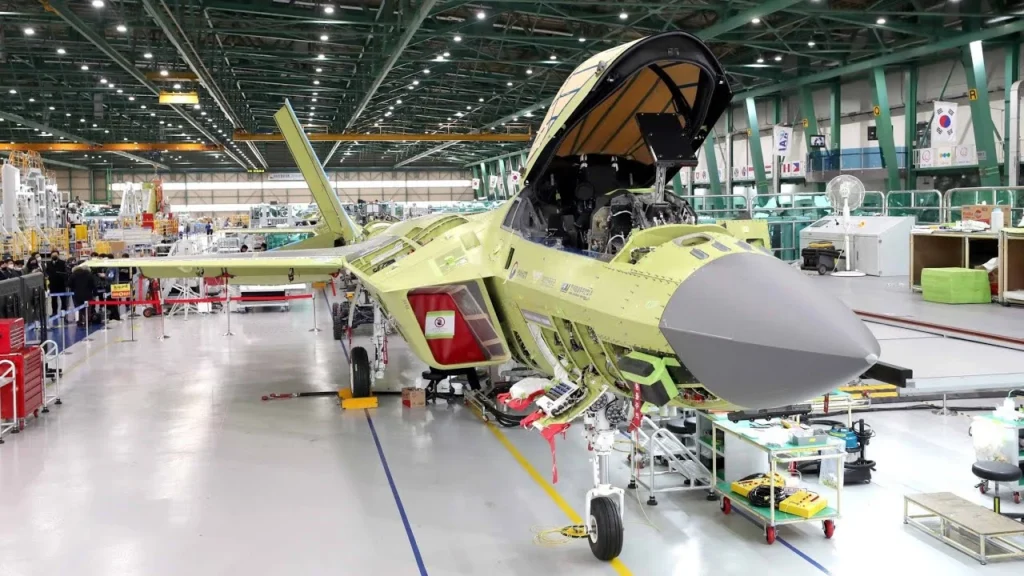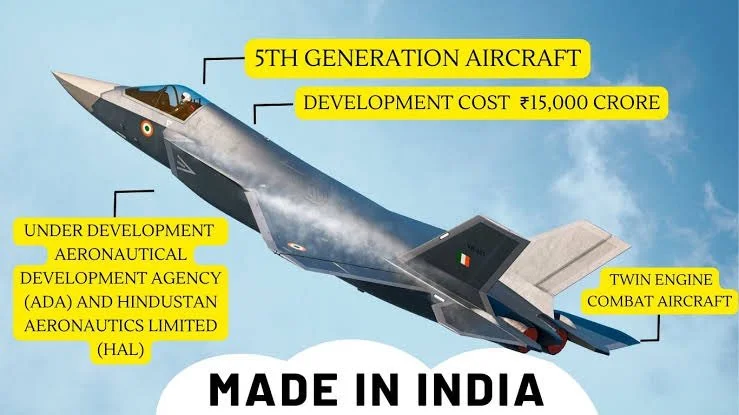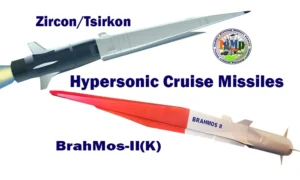Source : IgMp Bureau

The fate of India’s ambitious Advanced Medium Combat Aircraft (AMCA) program hinges on securing a substantial ₹15,000 crore budget clearance from the Cabinet Committee on Security (CCS). While the program emphasizes complete indigenous development, the challenge lies in determining the private sector’s role in this endeavor.
Private Sector Reluctance and Alternative Approaches
Initial Setbacks
Efforts to establish a Private-Sector Consortium for AMCA collaboration have encountered obstacles. Several Indian aerospace firms have cited concerns such as limited experience, high investment risks, and the intricacies of managing diverse stakeholders, dampening their enthusiasm for participation.
Exploring Alternatives
In response to these challenges, the Ministry of Defence (MoD) is exploring alternative models. One proposed solution involves a single private entity assuming a majority stake in a joint venture responsible for assembly, manufacturing, supply chain management, and day-to-day operations. Meanwhile, other private firms would serve as tiered suppliers without ownership in the joint venture structure.

Strategic Partnerships and Contractual Considerations
Expressions of Interest
While indigenous participation remains the cornerstone of the AMCA program, global aerospace giants like Boeing from the United States, Dassault Aerospace from France, and SAAB from Sweden have shown interest in involvement in the prestigious program. However, their commitment is contingent upon securing contracts for India’s Multi-Role Fighter Aircraft (MRFA) program. Despite this, the MoD remains steadfast in advocating Indian leadership for the AMCA initiative.
Pivotal for Self-Sufficiency and Strategic Autonomy
Significance of the AMCA Program
The AMCA project signifies a pivotal stride towards India’s self-reliance in advanced fighter jet technology. Achieving the right balance between government oversight and private sector engagement holds the key to its success. The program’s advancement is imperative not only for bolstering India’s defense capabilities but also for asserting strategic autonomy in the global aerospace arena.
In summary, the Government of India’s proactive measures to navigate the challenges posed by private sector reluctance underscores its unwavering commitment to advancing the AMCA program. By fostering strategic partnerships while upholding indigenous leadership, India aims to carve a path toward self-sufficiency and technological prowess in the realm of advanced fighter aircraft.
NOTE : Article cannot be reproduced or no information from this article should be used without written permission of theigmp.org in any form even for YouTube Videos to avoid Copyright strikes, if we find same informations or the entire article without our permission, we will take necessary action.






